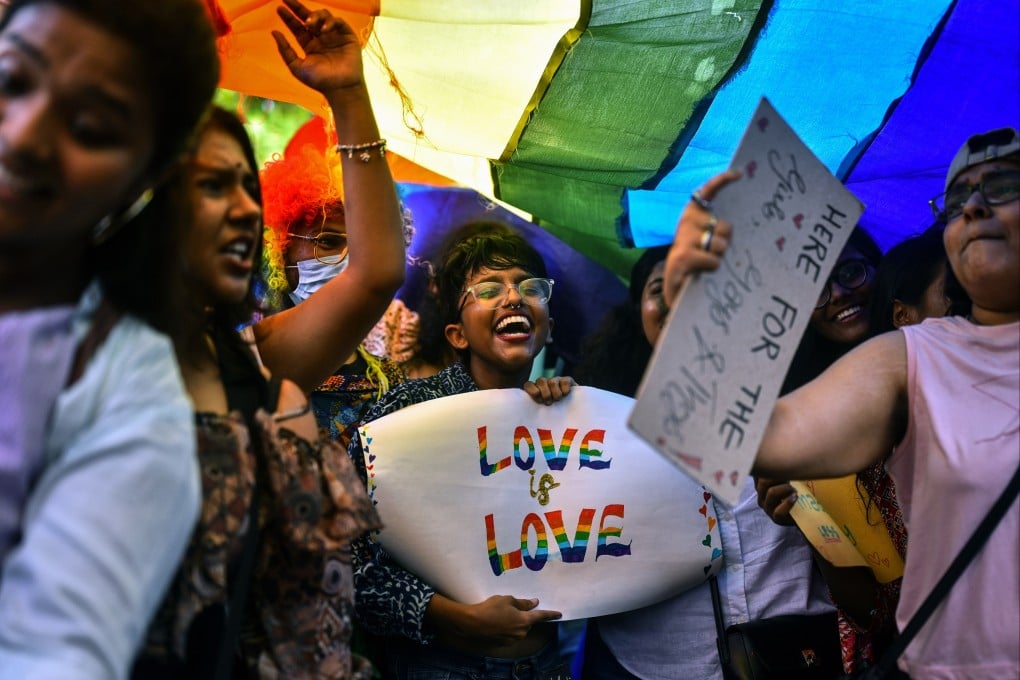‘It’s a beginning’: India’s opposition parties come out in favour of same-sex civil unions ahead of election
- The Congress Party and the Communist Party of India will include in their legislative agenda a law to recognise same-sex civil unions, if they win enough votes
- The promise is a significant step after the Supreme Court in October declined to legalise same-sex marriages

The Congress Party, India’s oldest political party, and the Communist Party of India have both indicated that they include in their legislative agenda a law to recognise same-sex civil unions, if they win enough seats in the national elections held from April 19 to June 1.

Attitudes towards and representations of the LGBTQ community have shifted significantly in India in recent years. A 2019 survey from the Pew Research Center found 37 per cent of respondents in India believed that homosexuality should be accepted by society, compared with just 15 per cent in 2013.
In another Pew survey published in June last year, 53 per cent of adults in India said they favoured legalising same-sex marriage.
Activists and members of the LGBTQ community in India have cheered the news.
The political parties’ stance is a significant move towards fulfilling the rights of LGBTQ community, said Yash Sharma, 25, founder of the Official Humans of Queer community.
“It is very positive that at least they mentioned it, because Section 377 got decriminalised after the 2019 election,” he said.